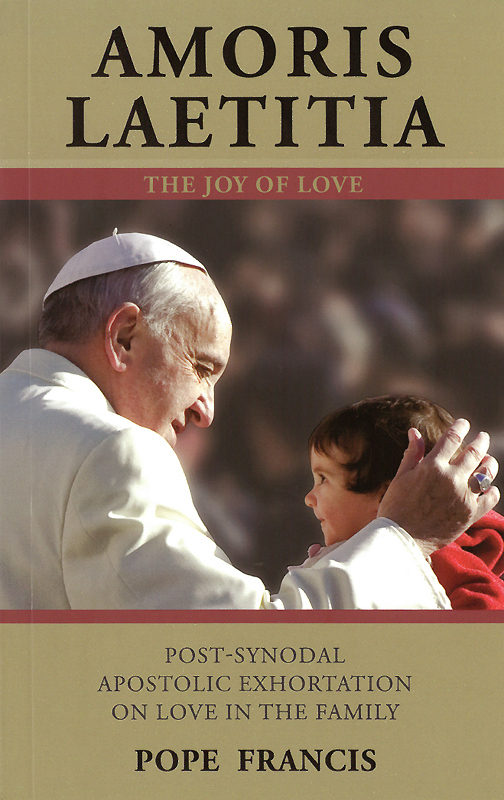WelCom July 2020:
Te Hīkoi Ngātahi me ngā Whānau i roto i te Aroha, te Manaaki me te Arahi
Pope Francis’ Prayer Intention
During the month of July 2020 Pope Francis’ Universal Prayer Intention is: Our Families– We pray that today’s families may be accompanied with love, respect and guidance.
The Fourteenth Ordinary General Assembly of the Synod of Bishops, known as the Synod on the Family, took place in Rome, October 2015. The theme was ‘the vocation and mission of the family in the Church and in the contemporary world’. The intention was to ‘reflect further on the points discussed’ at the 2014 General Assembly of the Synod of Bishops ‘to formulate appropriate pastoral guidelines’ for the pastoral care of the person and the family.
Four New Zealanders attended the 2015 synod: the Archbishop of Wellington, Cardinal John Dew, and Palmerston North’s Bishop Charles Drennan as voting members and two lay representatives as non-voting members – Dr John Kleinsman, bioethics expert; and Sharron Cole, then-Petone parishioner, recently-retired chair of Parents Centres New Zealand and chief executive/registrar of the Midwifery Council.
Reflections on the Synod on the Family – five years on


With Pope Francis announcing his prayer intention for July as ‘Our families: We pray that today’s families may be accompanied with love, respect and guidance’, it is timely to look back at to the 2015 Synod of the Bishops on the Family and to ascertain what has changed as a result of the synod and Francis’ exhortation Amoris Laetitia – The Joy of Love [2016], described as a profound reflection on the reality of family life in contemporary society
The synod did not result in changes to the Church doctrine as many Catholics who do not live their lives in strict accordance with the Church’s teachings had hoped but it recognises that as families face and respond to huge challenges in contemporary society, they require different guidance and pastoral care from bishops and pastors. This is well set out in a 2018 speech by Chicago Cardinal Blase Cupich, reported in a National Catholic Reporter article .
Francis has made it very clear that it is not acceptable for the Church doctrines to be parroted and that families should just do as they are instructed. Bishops and pastors must understand the lived experience of families and help them put Church teachings within the context in which people live their lives. The approach is no longer judgmental and legalistic but rather one that is pastoral and considers people first and rules second, and which is characterised by encounter, accompaniment and mercy.
This is approach sits very well within the New Zealand context where we define the family and whānau, our most critical social institution, by what they do rather that what they are.
- The nurturing, rearing, socialisation and protection of children.
- Maintaining and improving the wellbeing of family members by providing them with material and emotional support.
- The psychological anchorage of adults and children by way of affection, companionship and a sense of belonging and identity.
- Passing on culture, knowledge, values, attitudes, obligations and property from one generation to the next.
How well families are able to do this is influenced by the roles played by its members, the relationships between members and the activities engaged in by those members, the communities in which the families live and the support and opportunities that exist, and at the national level where social and economic policies should have the interests of families at the heart of decision making.
“Bishops and pastors must understand the lived experience of families and help them put Church teachings within the context in which people live their lives. The approach is no longer judgmental and legalistic but rather one that is pastoral and considers people first and rules second, and which is characterised by encounter, accompaniment and mercy.”
Never has this been more apparent than now as live in a world reshaped by living in the presence of Covid-19. The media, both mainstream and social, and discussion amongst family and friends, while recognising the economic stress, employment uncertainty and negative effects such as increased family violence, reflects on the positive nature of the lockdown during which we were given the opportunity to reconnect, create memories and evaluate our priorities. We hear endless stories of families spending precious time together, communicating much more frequently with the wider family, people being more aware of others’ physical, mental and spiritual wellbeing and their need for support, and efforts to spread burdens more evenly.
The confidence, trust and attachment that results from families playing together and communicating better is hopefully one of the positive legacies of this period of lockdown and how we might live more fulfilling family lives. It is a great opportunity to take another important message from the synod, which is for families to discern where God is calling them, that is sorting out what is coming from God and what is not? What was it that we experienced during lockdown that will allow us to make good, healthy and life-giving decisions for our family?
The 2015 Synod and Amoris Laetitia have challenged bishops and pastors to minister in different ways, to listen to and accompany people in their lived situations. Pope Francis calls this an ‘enormous change of approach’. Similarly, Covid 19 and lockdown enforced – at least for seven weeks – an enormous change on the way New Zealand families went about their lives. Our challenge is to reflect on these and informed by the Lord’s teachings, to take the best path for our families.